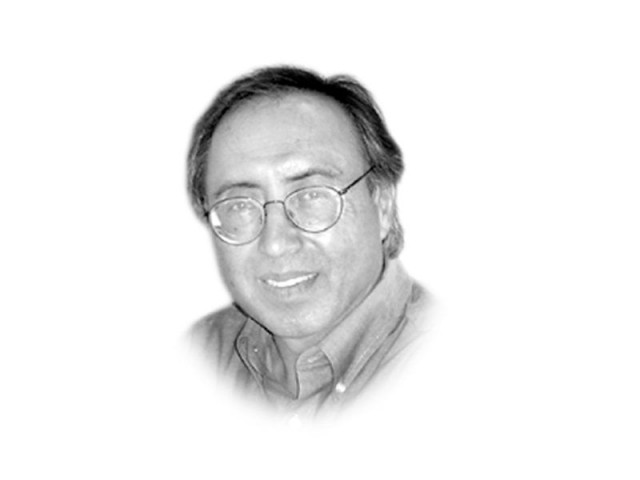Social change and power
Only the newly empowered middle, urban classes can perhaps challenge the dynastic politics of Pakistan

The writer is a professor of political science at LUMS, Lahore. His recent book is Imagining Pakistan: Modernism, State and the Politics of Islamic Revival (Lexington Books, 2017)
All the success stories of post-industrial and post-colonial nation and state building are about elites placing the state at the centre of social change. They devised a system aimed at positive change by policy tools, providing resources and creating an enabling environment for society and market to contribute towards a holistic change. That is also a story of the elites that have an organic link with society, and have a deep feeling of good for its members, and taking their public positions as a responsibility, an honourable commitment and as a means of public service — never a means of plunder, rapaciousness or corruption. Their dedication to society generates a relationship of mutual support of service and loyalty. But this is also about an ideal, archetypal type of political leaders; the real world of politics has self-driven, self-centred politicians whose unlawful ambitions can only be restrained by the power of law and the force of public opinion.
The problem in a society like ours is that it is weak, even being big and numerous, varied and diverse. It is weak in a sense that it has parochial culture and values, and thus it is indifferent towards the honesty, integrity and performance of the leaders it elects into power. So, it can neither hold them accountable nor has any interest in doing so. These attitudes allow the state functionaries to carve out an autonomous sphere for themselves, as they get elected generally for reasons other than performance, and on account of black money they mint by holding public offices. This produces or reproduces bad democracy or politics without social change, which is essentially reproduction of the same dynastic elite and reconfirming of legitimacy upon them.
My contention is that societal weakness is neither natural nor an unending phenomenon. It is artificial and created only to sustain power section of the elite families like ours into power. Had they a vision of change, the dynamics of Pakistani politics would have changed over the past 70 years. But the question is, can they and will they be able to prevent the natural flow of history — the gradual social change driven by ambitious individuals benefiting from new economies and technologies of production.
This kind of social change, now being at the stage of multiplying itself, seems to be happening. This is reflected in the emergence of a new middle class in the rural areas, a great movement towards urban centres and this urbanisation reshaping the social landscape from rural towns to major cities of the country. A major unreported and hardly discussed story of Pakistan is the aspirations of even the poorest of the poor in the country to get their children educated in quality educational institutions. Education is expanding and the trend is likely to grow.
Only the newly empowered middle, urban classes can perhaps challenge the dynastic politics of Pakistan. Yet, this is not reflected in the who-is-who of the country’s electoral politics. But this is the class that is rising and will certainly change the course of social and political change in Pakistan.
Published in The Express Tribune, March 21st, 2018.
Like Opinion & Editorial on Facebook, follow @ETOpEd on Twitter to receive all updates on all our daily pieces.















COMMENTS
Comments are moderated and generally will be posted if they are on-topic and not abusive.
For more information, please see our Comments FAQ